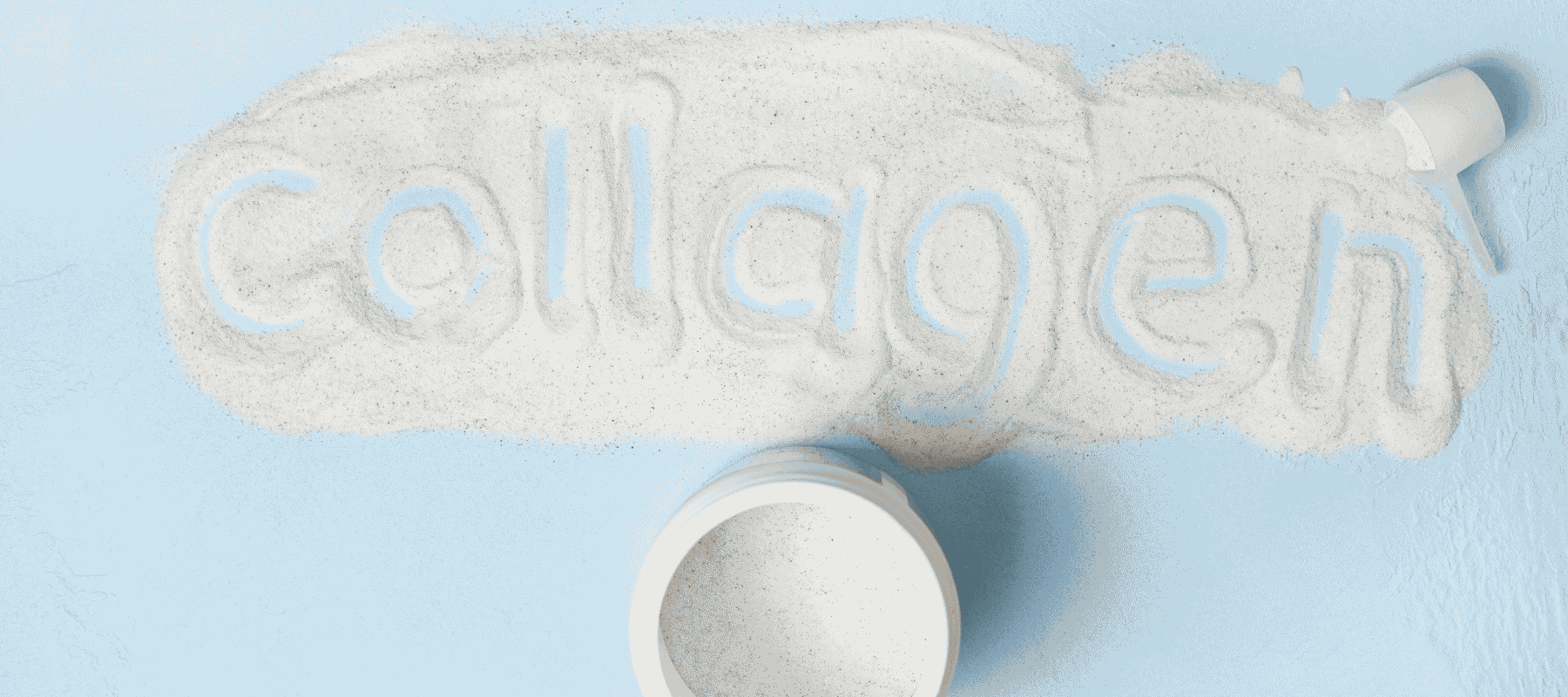Collagen has become one of the most talked-about supplements in the health and beauty world — and for good reason. It’s the most abundant protein in your body, playing a key role in maintaining skin elasticity, joint flexibility, and overall vitality. But what exactly is collagen, and why is everyone suddenly obsessed with it? Let’s break it down.
🧬 What Is Collagen?
Collagen is a structural protein that acts like glue for your body — literally. It holds together your skin, muscles, bones, tendons, and ligaments. There are at least 16 different types of collagen, but around 80–90% of the collagen in your body is made up of just three types:
- Type I: Found in skin, bones, and tendons — supports structure and firmness.
- Type II: Found in cartilage — essential for joint flexibility and cushioning.
- Type III: Found in muscles and blood vessels — promotes elasticity and tone.
As we age, our body’s natural collagen production begins to decline, leading to visible signs of aging like wrinkles, sagging skin, and stiff joints.
💡 Benefits of Collagen Supplementation
Adding collagen to your diet can help support your body’s natural processes and slow down age-related changes. Here are some science-backed benefits:
1. Healthier, Younger-Looking Skin
Collagen helps your skin retain moisture and elasticity. Studies show that daily collagen intake can reduce wrinkles and improve skin hydration in just 8–12 weeks.
2. Stronger Joints and Bones
Supplementing with collagen may help reduce joint pain and stiffness, especially in athletes and people with osteoarthritis. It also helps maintain bone density as you age.
3. Improved Hair and Nail Growth
If your nails are brittle or your hair feels thinner, collagen can strengthen keratin production — the protein that builds your hair and nails.
4. Gut Health Support
Collagen contains amino acids like glycine and glutamine that support gut lining repair, promoting better digestion and nutrient absorption.
5. Muscle Recovery and Strength
Collagen is rich in amino acids that support muscle growth and recovery, especially when paired with resistance training.
🍲 Natural Ways to Boost Collagen
Even without supplements, there are ways to naturally support collagen production:
- Eat Collagen-Rich Foods: Bone broth, fish skin, chicken, and egg whites are great sources.
- Get Enough Vitamin C: It’s essential for collagen synthesis — found in citrus fruits, berries, and bell peppers.
- Add Zinc and Copper: These minerals help activate collagen-forming enzymes.
- Protect Your Skin from the Sun: UV rays break down collagen fibers — always use sunscreen!
🥤 Choosing a Collagen Supplement
When selecting a collagen powder or capsule, consider the following:
- Source: Marine (fish) collagen is best for skin health, while bovine (cow) collagen supports joints and muscles.
- Hydrolyzed Form: “Hydrolyzed” or “peptide” collagen is broken down into smaller amino acids, making it easier for your body to absorb.
- Clean Ingredients: Look for products with no artificial additives, added sugar, or fillers.
✨ Final Thoughts
Collagen isn’t just a beauty trend — it’s a foundational nutrient for your entire body. Whether through diet or supplements, supporting your collagen levels can help you maintain youthful skin, flexible joints, and overall vitality.
Start small, stay consistent, and let your body do the rest.


